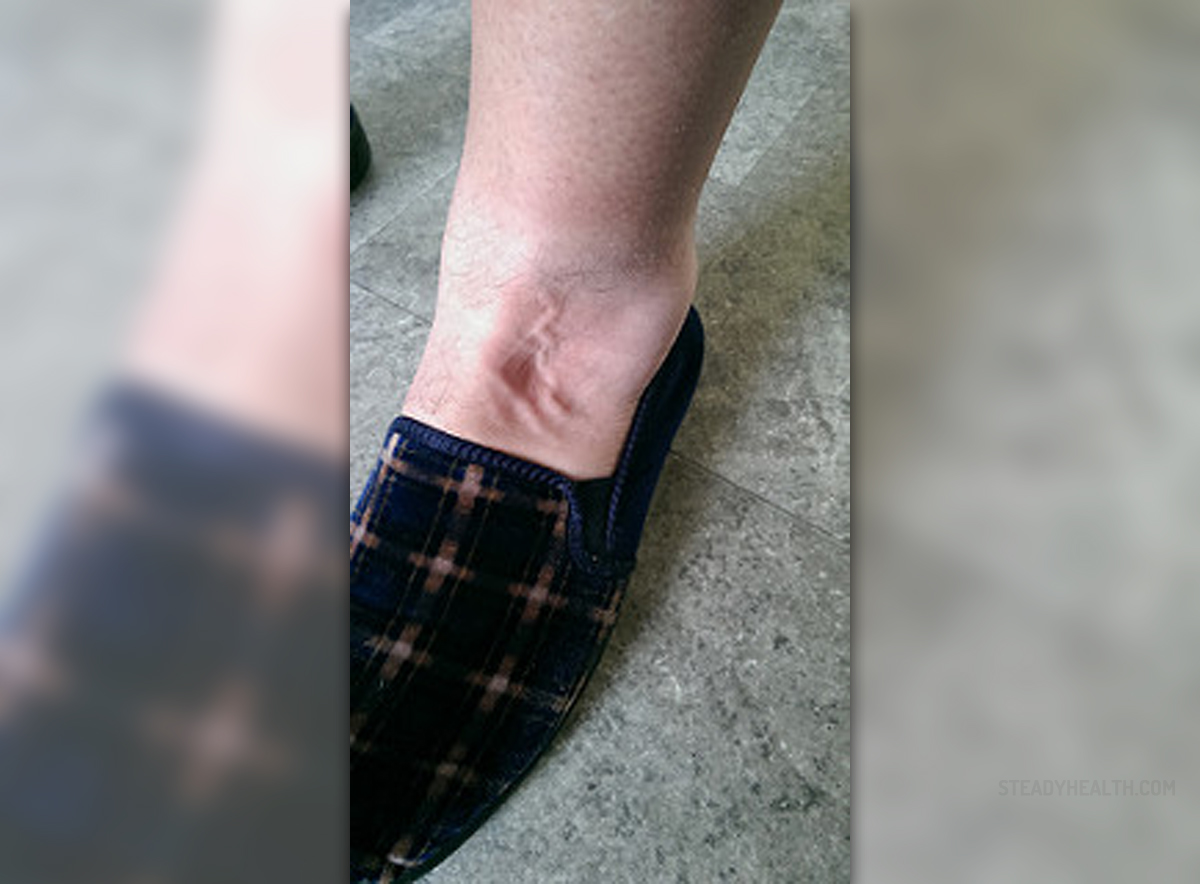
Babies and Children
Twitching can occur in babies and young children and for the most part, this is not related to any serious conditions. On the other hand, there is always the possibility that muscle twitching may indicate some kind of underlying condition, for example dehydration after a period of diarrhea. Vitamin and mineral deficiencies are also possible causes. With regard to more serious possible problems, when combined with muscle twitching, muscle weakness can indicate conditions such as muscular dystrophy, epilepsy and Tourette syndrome, particularly if fasciculation is recurrent and frequent.
Arms
If you are experiencing twitches in the arms or fingers, it may be down to anxiety. Anxiety or distress can lead to tension in the muscles, thus causing abnormal fibrous discharge and muscle twitching. Strenuous physical exercise can also cause twitching, especially activities such as weightlifting. Aerobic exercise is another possible cause, but in general, arm-intensive exercises like pull-ups, bench press and bicep-curls hold the biggest risks.
As seen with babies and infants, vitamin and mineral deficiencies may lead to fasciculation. Vitamins B12 and B6 are important for maintaining normal fiber activity. An imbalance of certain elements, like calcium and magnesium, within the bodily fluids can be a factor in the onset of twitching as this will lead to a lack of balance of electrolytes. Those with conditions such as hypertension or congestive cardiac failure may be vulnerable to muscle twitching, while taking medications such as corticosteroids or estrogen supplements can also increase the risk of twitching.
General Twitching
Of course, it is not just the arms that are vulnerable to muscle twitching. The whole body can experience fasciculation. As with the arms, the twitching may be sporadic but if it continues for a long period of time, there may be a more serious problem. There are numerous causes for these twitches. In terms of diseases, those with Lou Gehrig’s Disease, Kennedy Disease, Lyme Disease, Multiple Sclerosis, Isaacs syndrome, Parkinson’s Disease, Rabies and Werdnig-Hoffman Disease may be prone to twitching. Other causes include insect bites, dehydration, fatigue, muscular dystrophy, nervous system disorder, pregnancy, stroke or withdrawal symptoms from various medicines and supplements including Benzodiazepine.
A healthy diet is necessary for avoiding muscle twitching, with fruits and vegetables being essential. In this manner, mineral and vitamin deficiencies can be overcome. Otherwise, caffeine consumption must be moderated and controlled and aside from this, relaxation techniques such as yoga may be beneficial in combating muscle twitching.


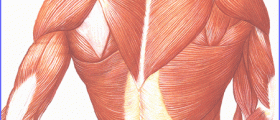
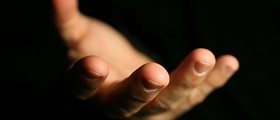
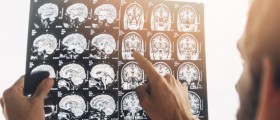




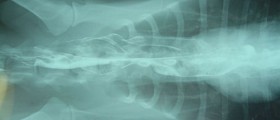






Your thoughts on this
Loading...